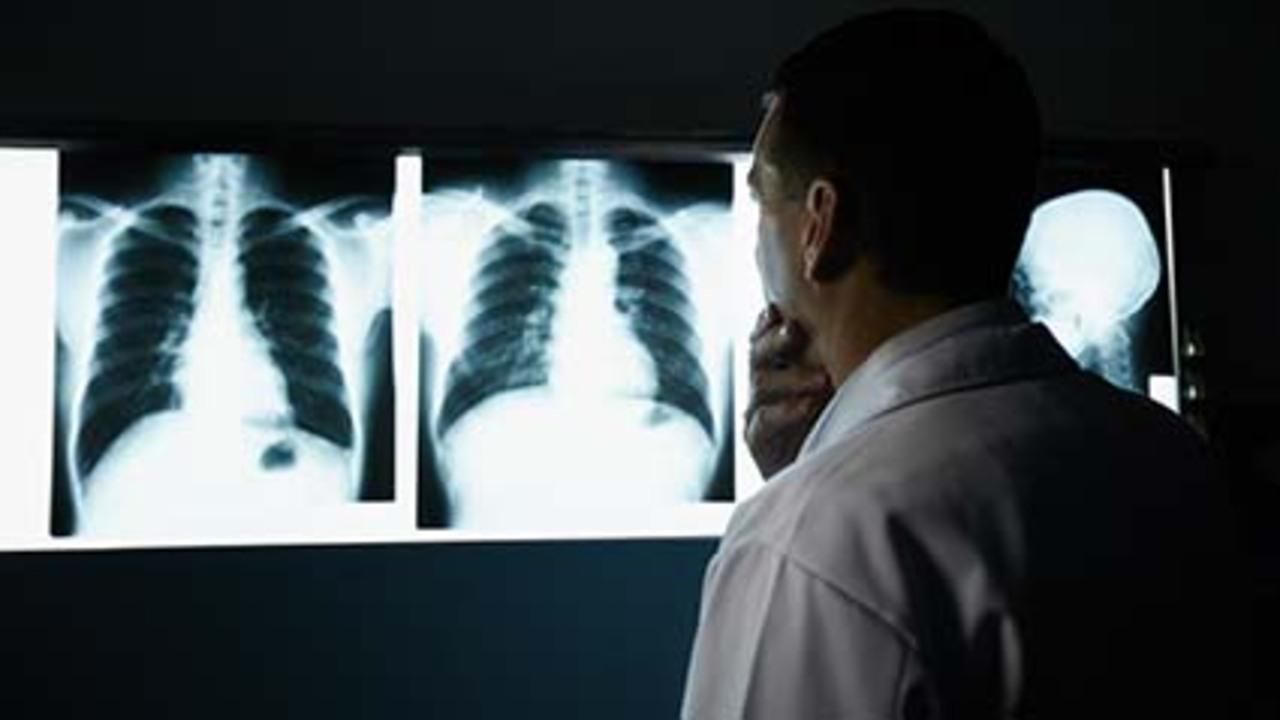
Gymnasts make it look easy, but mastering those floor exercises and balance beam moves can take a toll on the brain. Researchers studying preseason and regular season concussion rates in college sports found that women’s gymnastics led all others for its concussion rate in the preseason. The rate was 50% higher even than that for… read on > read on >






























